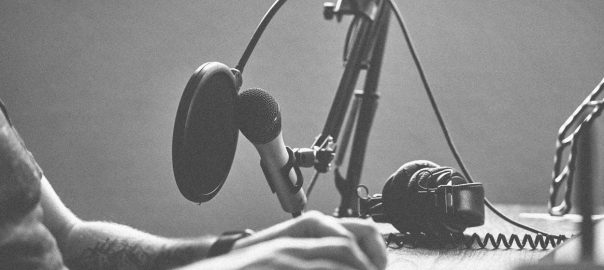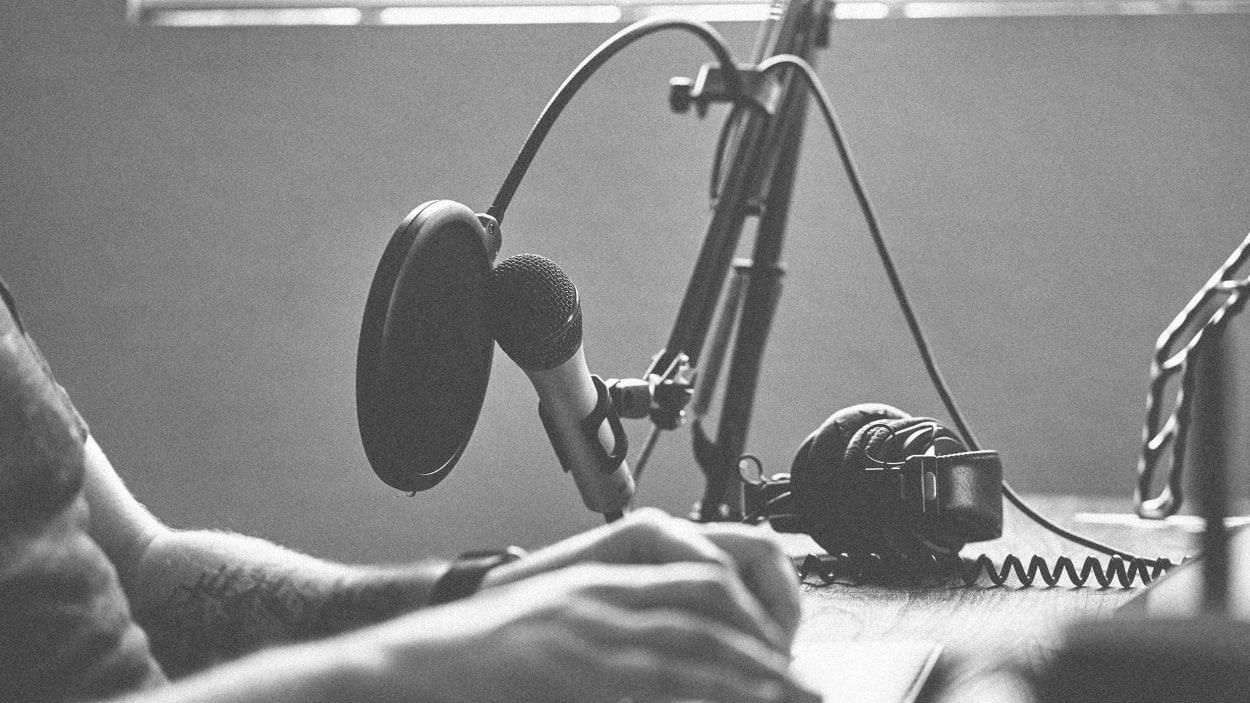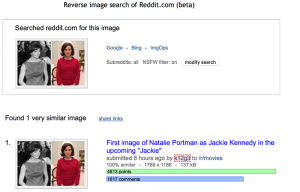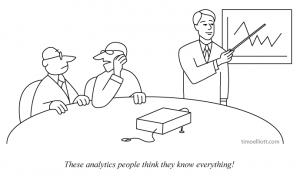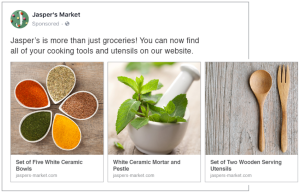By Eric Silver
From the very beginning, podcasting was shaped by a DIY ethos that said: “I can do that, too.” An undefined and unexplored wilderness, the infrastructure that we now take for granted (like the feeds we use to subscribe to a show) had to be created from scratch, usually by passionate believers who identified a problem and wanted to fix it. People created shows—not because they wanted an audience, or because they saw a payday in their future—because they loved podcasting. Whatever it was.
Podcasting was punk rock. And, for the most part, it still is.
That DIY ethos still exists. The only difference is that podcasting is now an influential, popular, and commercially significant sphere of the entertainment economy. Whereas the first podcasting pioneers broadcast to an audience of a few hundred fellow travelers in whatever niche they inhabited, creators now have the potential to reach hundreds of thousands. With influence and attention comes the potential to turn what was once a hobby or a passion project into a serious business.
But here’s the problem. Podcasting doesn’t look or behave like the multibillion-dollar industry it is. There are exceptions, of course, but many of the medium-to-large shows lack the monetization and marketing apparatus that you inevitably find in other segments of the entertainment industry, like TV and film. And without that infrastructure, creators will struggle to receive the payout that they rightfully deserve. The bar upon which podcasting becomes a full-time job, rather than a side hustle, will remain stubbornly high.
For the sake of podcasting—and the wider creator economy—it’s vital this changes. Podcasting urgently needs to be professionalized. When podcasters treat their work like a business, building audiences and revenue becomes dramatically easier. They are more resilient against the predatory studios and networks that target creators, taking a disproportionate size of their earnings without delivering real value. They have the resources—both monetary and time—to produce their best work.
Everyone benefits.
Hobbyist Thinking
When I say that podcasting doesn’t act like a multibillion-dollar industry, I’m really talking about a psychological barrier that creators find themselves pushed up against. Podcast creators often don’t realize they are running a business until the situation is forced upon them, usually when the trickle of advertising deals and sponsorship opportunities turns into a flood. Or, think about commercial success as a narrow binary, where you are either a professional or a hobbyist, and a clear line divides the two. They act almost like musicians, playing open mic nights and jamming in their garage, just waiting for the record deal that will change everything.
This thinking tends to stem from a skewed understanding of what success actually means. The digital world has accustomed us to think about audiences in mega-scale terms. If you have one million followers on YouTube, you are a celebrity. If you have 1,000 subscribers, you are a nobody. A minnow swimming in a sea of whales.
What creators often forget is that there’s a difference between a “fan” and a transient listener. I’d argue that a podcast subscriber—a loyal, regular one—is worth vastly more than someone who fleetingly clicks on a video as they scroll through their feed. It implies a level of relationship and engagement. In terms of audience sizes, it’s not far removed from what you’d expect from a small-town FM radio host. And it’s a strong foundation to start commercializing content.
Podcasters don’t have to be Joe Rogan to earn a living. The recent SAG strike showed us that most actors aren’t Brad Pitt or Emma Stone but rather “working actors,” those playing small but vital roles in TV and film, or working in the theater. The same is also true for podcasting. If your barometer for success is a $200-million exclusivity deal with Spotify, it’s broken.
Podcasters often don’t recognize their accomplishments until they’ve reached a certain critical mass, and it’s here that they start thinking seriously about how to turn their hobby into a full-time profession. But the hobbyist thinking never quite leaves them. Failing to see the value of what they have created, they sign exploitative deals with rapacious distribution networks and massive media companies with VC funding demanding 10x return that promises to elevate their profile and expand their audience, but at a vast financial cost.
Many of these networks will demand not merely a chunk of their advertising revenue, but also their merchandise and live event sales, as well as a cut of any sponsorship deal they negotiate independently. They may even take ownership of some or all of their intellectual property. And creators are often too grateful (remember, they are still in the hobbyist way of thinking) to walk away from what’s obviously a bad deal.
I am concerned about these practices becoming the norm within the podcasting industry, in the process, making it harder for creators to build sustainable businesses that can provide them with a decent standard of living.
The Professional Podcaster
For the sake of clarity, it’s worth emphasizing that I don’t want to change podcasting into something it’s not. Last year, Nicholas Quah, Podcast Critic at Vulture, observed that podcasting was slowly metamorphosing into something that more closely resembled traditional talk radio, and was drifting away from the idiosyncrasies and DIY ethos that made it truly special. Podcasting, he observed, was struggling to repeat the genre-defining moments that cemented its relevance. The ecosystem, he bemoaned, was increasingly dominated by a handful of high-profile personalities, just like Howard Stern dominates traditional broadcast radio.
More fundamentally, podcasts were being built around commercial interests and opportunities, rather than the other way around. Some studios, he observed, treated their shows as a product to be sold to a TV or movie studio, rather than something crafted for an audience.
Podcasting cannot lose its soul. It needs to stay punk rock. But even the Sex Pistols eventually signed a record contract.
There’s a reason why podcasting is such a sticky, enduring medium. According to 2021 Nielsen figures, nearly one-third of podcast listeners are “heavy” listeners, consuming over 10 shows per month. Medium listeners—those consuming four to nine shows per month—account for a further 22 percent. And I’d argue that this success is because podcasting is different on an ephemeral, subtle level.
It’s hard to define this difference in a single word, likely because it encompasses many different attributes, from the stories being told to the tones and mannerisms of the hosts. And yet, I don’t believe that professionalizing podcasting—specifically, treating podcasts as viable commercial entities that can support the creators and their teams—means losing those vital attributes and turning podcasts into a sanitized, advertiser-friendly, saccharine nothing.
In fact, I believe the contrary. When podcasts become viable commercial entities, while also preserving their editorial and creative independence, creators have the ability to tell the stories that listeners want to hear, delivered in the tone that truly resonates.
A Changing Industry
A professional podcasting industry would be good for audiences and creators, but I also believe it would benefit podcasting writ large, dramatically raising its esteem in the eyes of the wider public. The casual nature of most podcasting enterprises has made it easy to dismiss podcast creators as either the laziest form of talk radio, or self-important and self-aggrandizing—those who value their opinions so highly that they’re willing to spend hours each week recording their own voices, and then edit and package the audio for online distribution.
When podcasting becomes a business—something that an ordinary person can earn a sustainable living from—it then becomes much harder to make that criticism. That enduring stigma will feel outdated and pastiche. Podcasting will stop being cringeworthy, and become a career one can aspire to.
That change sounds minor and subjective, but I think it’s necessary for the long-term success of podcasting as a whole. It’ll demolish the psychological barrier preventing many would-be creators from launching their own shows. It’ll make podcasting more attractive for advertisers, as well as the investors and startup founders that will build the next generation of podcast monetization and distribution technology.
Podcast creators have the ability to make this seismic change. They just need to adjust their thinking.
(7)
Report Post